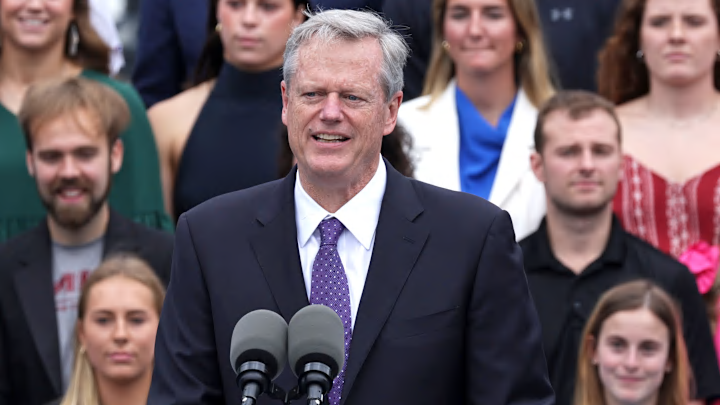In its latest attempt to rein in the "Wild West" of Name, Image, and Likeness, the NCAA’s Division I Board of Directors has approved two major rule changes that directly target the influence of booster-led collectives. The move, reported by ESPN’s Dan Murphy, represents another dramatic shift in the ongoing struggle to balance student-athlete compensation with the NCAA's dwindling concept of amateurism.
While the NCAA frames these as simple "guardrails," they are a direct response to a landscape where many feel NIL has become a thinly veiled pay-for-play system that fuels a chaotic transfer portal.
Rule 1: Schools cannot backstop third-party deals
The first change prohibits schools from guaranteeing NIL money from a third-party, such as a collective. This means a coach can no longer tell a recruit, "If the collective doesn't pay you the $500,000 they promised, the university will cover the difference." And those that agreed to that type of deal before July 1st, 2025 will have that money count againt their spending cap. I never thought I would be saying spending cap when talking about college sports.
- The Impact: This rule is designed to create a clear separation between the school and the collective. Previously, recruits could commit based on a school's promise to ensure payment, effectively making the collective an extension of the athletic department. Now, the risk falls on the athlete. If a collective fails to deliver, the school cannot step in. This forces athletes and their agents to vet collectives more carefully and could give more stability to established, well-run operations.
Rule 2: A 'direct activation' is now required
The second rule is more fundamental: every NIL deal must now include a quid pro quo. Athletes cannot simply be handed a check for being on the roster. Instead, the contract must require them to perform a specific action in exchange for the money. And it has to be specific and named. It can not just be the athlete will do something later on after I give him or her the money now.
- The Impact: This is the NCAA's most direct attack on pay-for-play. For example, if a collective offers a player $1 million, the deal must now explicitly state that the payment is contingent on a set number of social media posts, public appearances, or other promotional activities. This ensures that the payment is for "work," not just for signing with a particular school. It forces collectives to operate more like actual marketing agencies rather than just slush funds for talent acquisition.
The million-dollar question: Can this be enforced?
While the rules are now on the books, the NCAA faces an uphill battle with enforcement. Collectives and schools have proven adept at finding loopholes, and the NCAA's authority has been repeatedly challenged and defeated in court.
Proving that a coach made a "verbal guarantee" behind closed doors is nearly impossible. Furthermore, creating token "activations" to satisfy the new rule would be simple for any creative collective. The NCAA's power to investigate and punish programs is weaker than ever, and many in college athletics expect these rules to be tested immediately.
For now, the changes signal a clear intention from the NCAA to fight back against a system many feel has spiraled out of control. But whether these rules have any real teeth remains to be seen.
Drew Holbrook is an avid Kentucky fan who has been covering the Cats for over 10 years. In his free time he enjoys downtime with his family and Premier League soccer. You can find him on X here. Micah 7:7. #UptheAlbion
